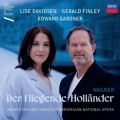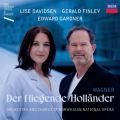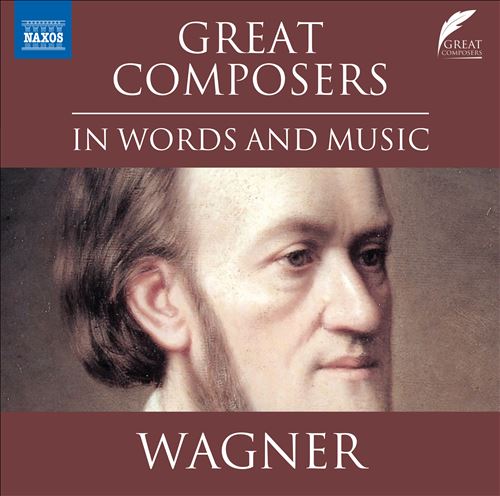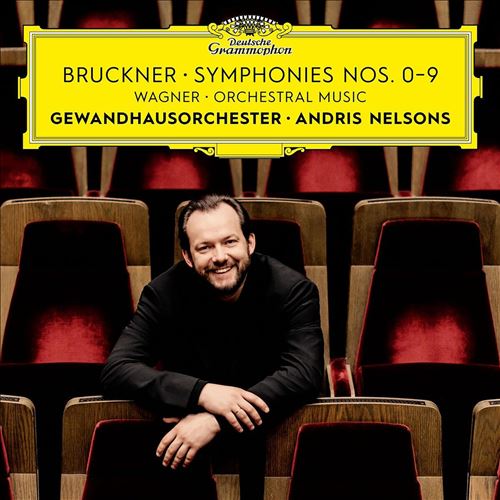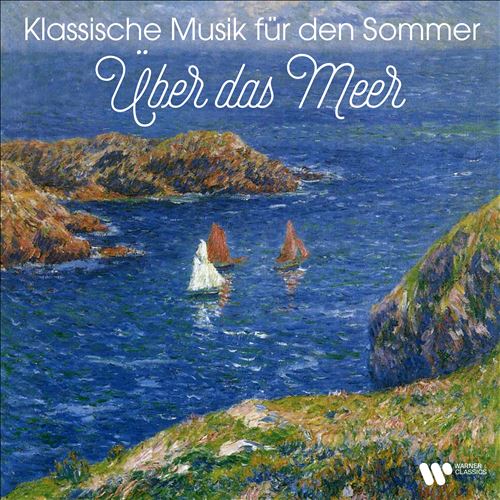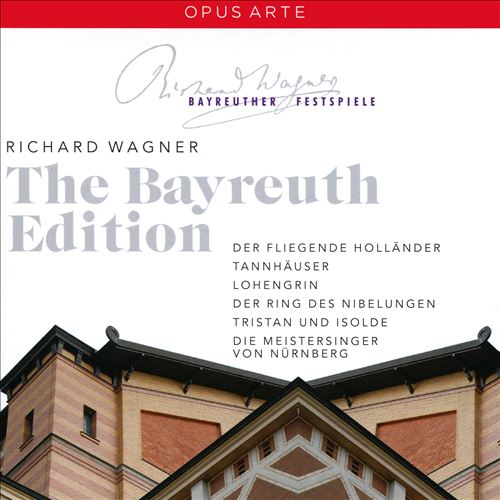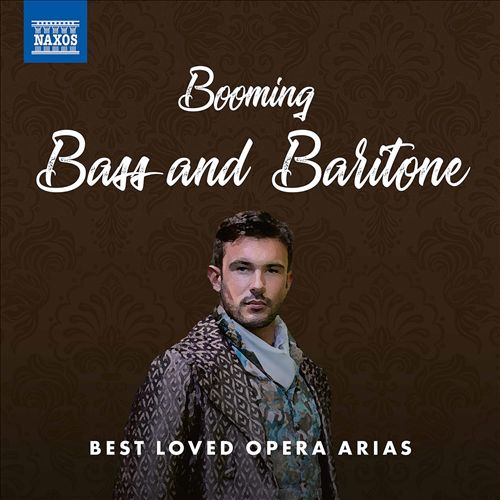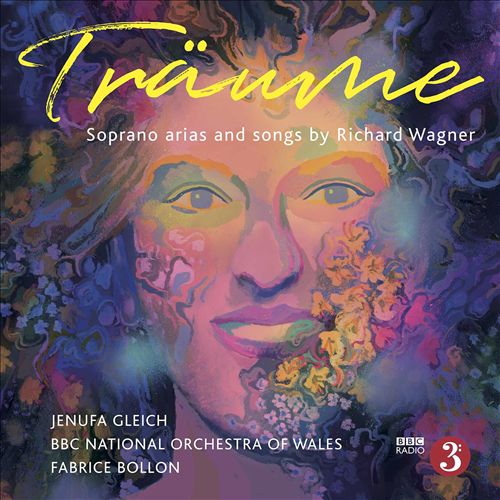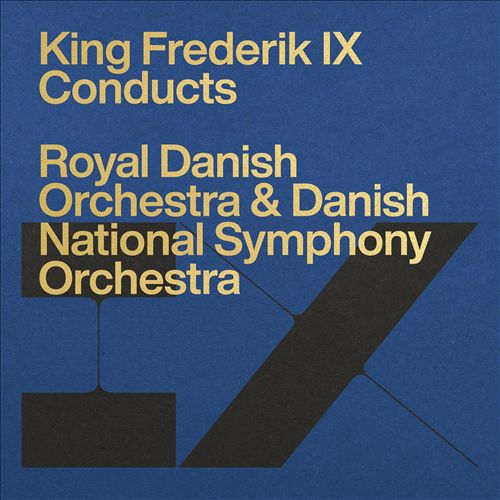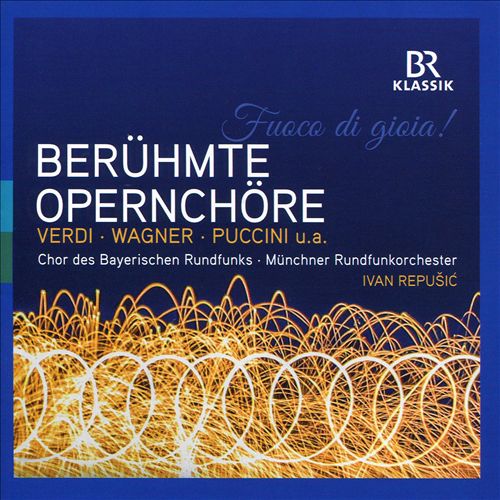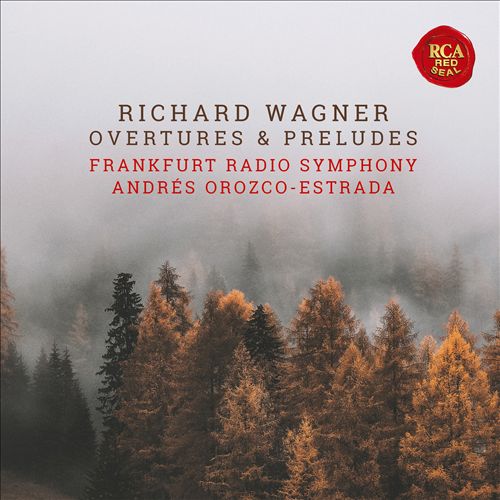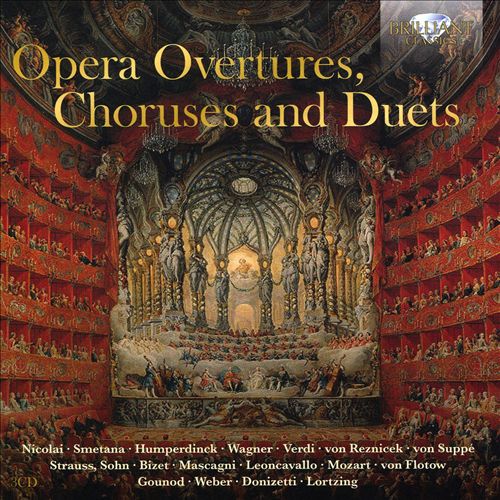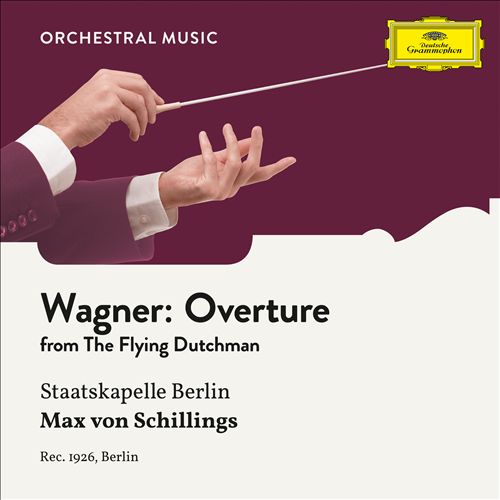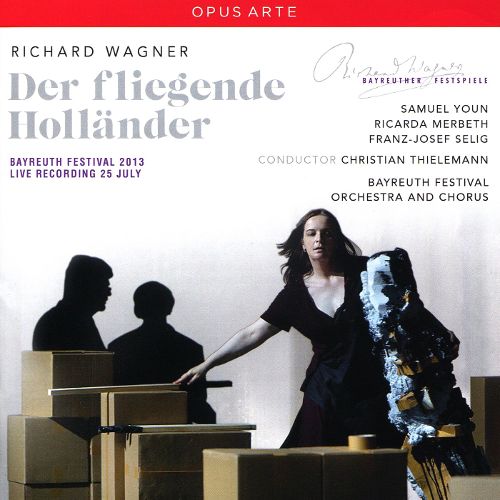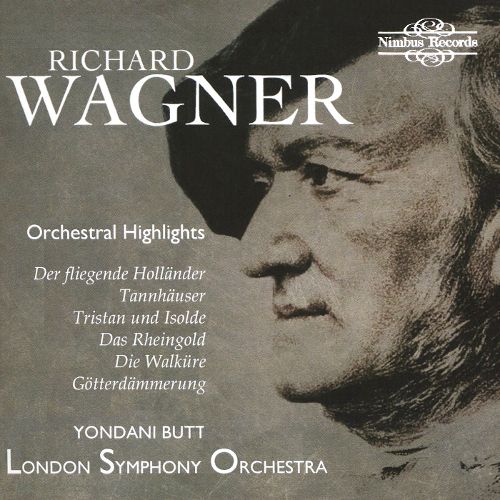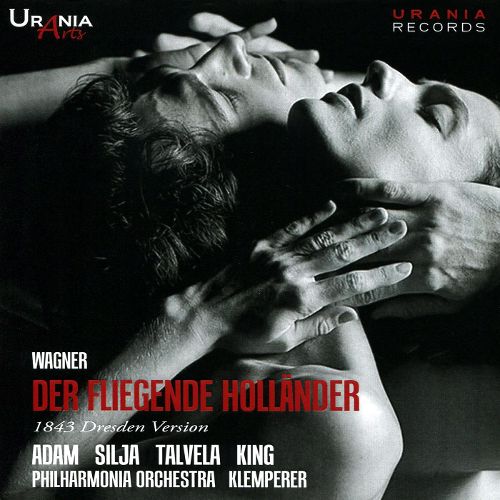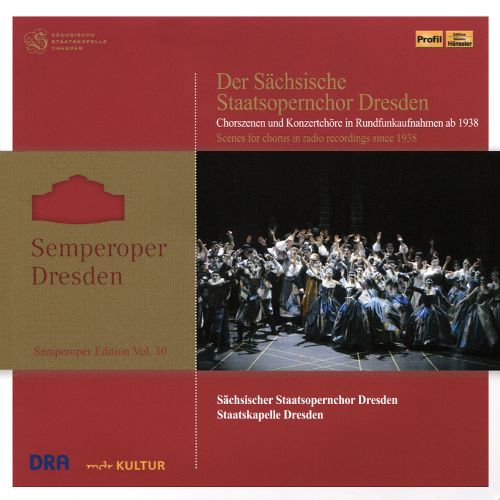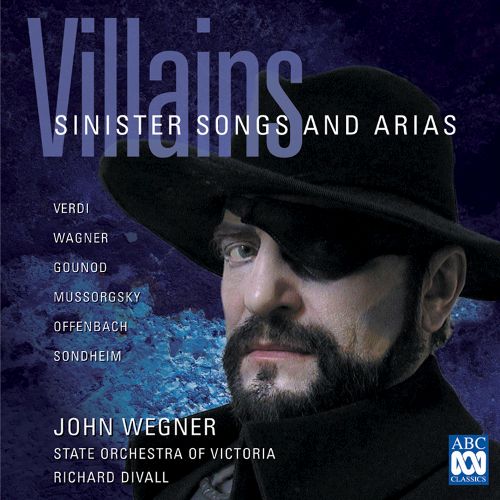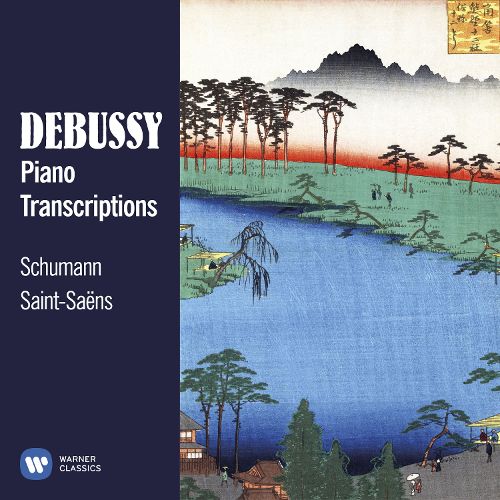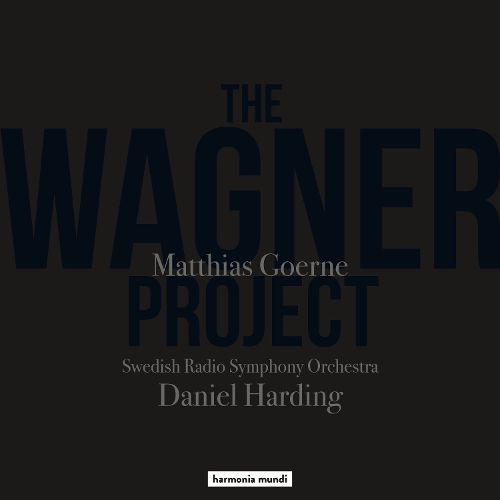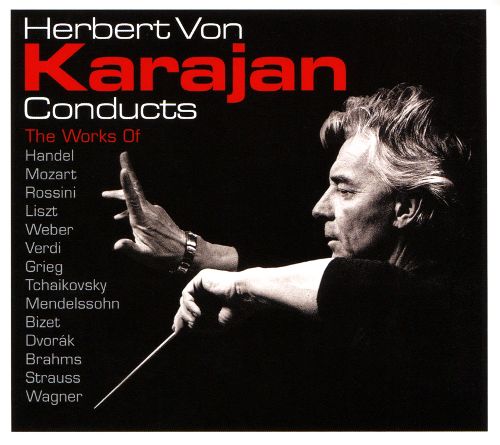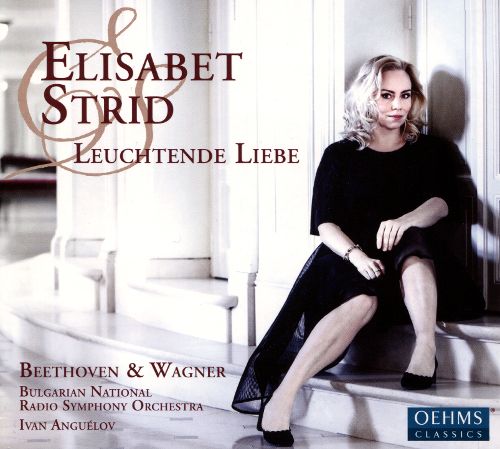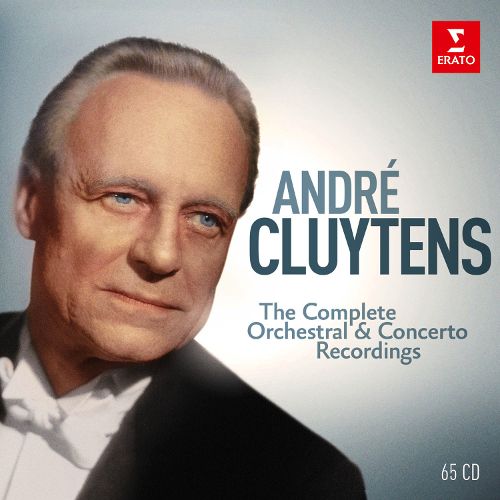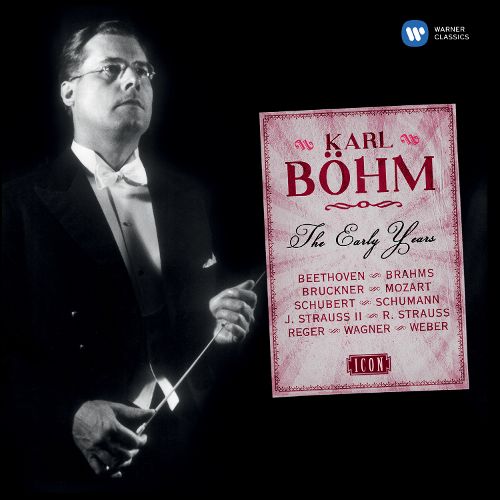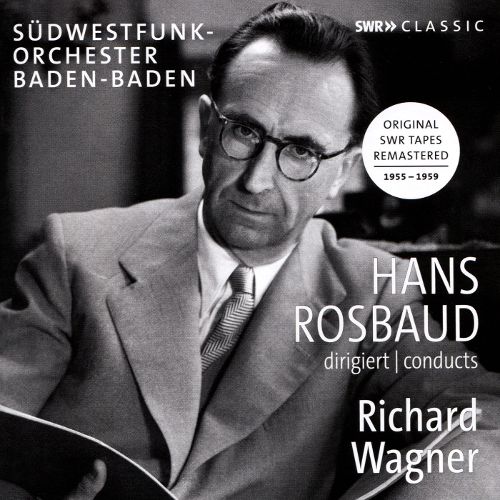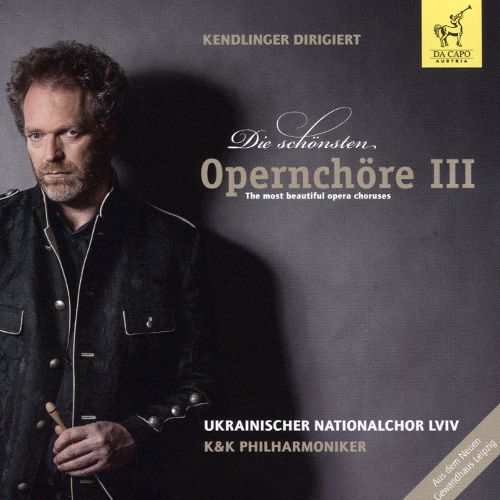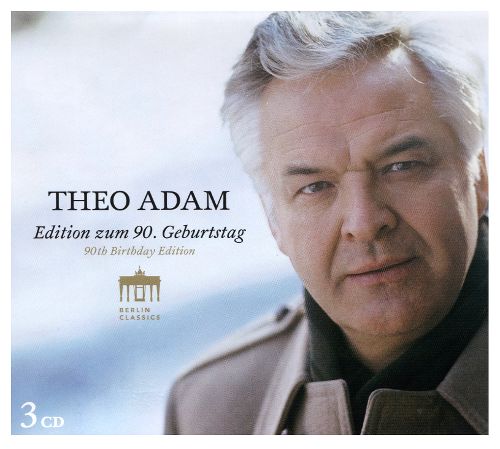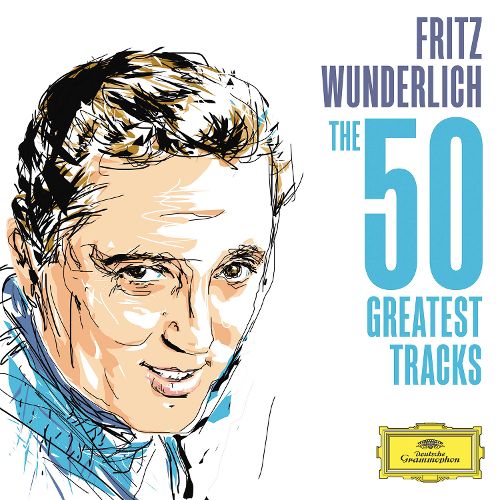Richard Wagner (리하르트 바그너)
Der fliegende Holländer
100
10,000
1,400
WORK INFO
작곡가: Richard Wagner (리하르트 바그너)작곡년도: 1841평균연주: 128:06악장1Overture10:252Act 1 : Hojohe! Hallojo!5:003Act 1 : Mit Gewitter und Sturm aus fernem Meer4:394Act 1 : Die Frist ist um9:575Act 1 : He! Holla! Steuermann!5:166Act 1 : Mein Schiff ist fest6:027Act 1 : Blick hin, und uberzeugenull8Act 1 : Wenn aus der Quallen2:379Act 1 : Hei! Wie die Segel schon sich blah'n!null10Act 1 : Interlude1:3711Act 2 : Summ' und brumm', du gutes Rädchen6:2012Act 2 : Du böses Kind4:4913Act 2 : Joho hoe! Traft ihr das Schiff7:1614Act 2 : Bleib', Senta!6:1215Act 2 : Ach möchtest du... Mein Kind, du siehst mich?2:3116Act 2 : Mögst du, mein Kind5:3117Act 2 : Wie aus der Ferne längst vergang'ner Zeiten8:3218Act 2 : Verzeiht! Mein Volk hält2:1219Act 2 : Interlude2:4720Act 3 : Steuermann, lass die Wacht!8:1521Act 3 : Jo ho ho hoe!4:0122Act 3 : Was musst' ich hören!3:1223Act 3 : Willst jenes Tags du nicht dich mehr entsinnen3:0924Act 3 : Verloren! Ach! Verloren! (Finale)5:03Uncompleted operas
- Die Laune des Verliebten (1830)
- Die Hochzeit
- Männerlist größer als Frauenlist (1838)
Der fliegende Holländer (The Flying Dutchman), WWV 63, is a German-language opera, with libretto and music by Richard Wagner. Wagner claimed in his 1870 autobiography Mein Leben that he had been inspired to write the opera following a stormy sea crossing he made from Riga to London in July and August 1839. In his 1843 Autobiographic Sketch, Wagner acknowledged he had taken the story from Heinrich Heine's retelling of the legend in his 1833 satirical novel The Memoirs of Mister von Schnabelewopski (Aus den Memoiren des Herrn von Schnabelewopski). The central theme is redemption through love. Wagner conducted the premiere at the Semper Oper in Dresden in 1843. This work shows early attempts at operatic styles that would characterise his later music dramas. In Der fliegende Holländer Wagner uses a number of leitmotifs (literally, "leading motifs") associated with the characters and themes. The leitmotifs are all introduced in the overture, which begins with a well-known ocean or storm motif before moving into the Dutchman and Senta motifs. Wagner originally wrote the work to be performed without intermission – an example of his efforts to break with tradition – and, while today's opera houses sometimes still follow this directive, it is also performed in a three-act version.
- v
- t
- e
By the beginning of 1839, the now 26 year old Richard Wagner was employed as a conductor at the Court Theatre in Riga. His extravagant lifestyle plus the retirement from the stage of his actress wife, Minna, caused him to run up huge debts that he was unable to repay. Wagner was writing Rienzi and hatched a plan to flee his creditors in Riga, escape to Paris via London and make his fortune by putting Rienzi on to the stage of the Paris Opéra. However, this plan quickly turned to disaster: his passport having been seized by the authorities on behalf of his creditors, he and Minna had to make a dangerous and illegal crossing over the Prussian border, during which Minna suffered a miscarriage. Boarding the ship Thetis, whose captain had agreed to take them without passports, their sea journey was hindered by storms and high seas. The ship at one point took refuge in the Norwegian fjords at Tvedestrand, and a trip that was expected to take eight days finally delivered Wagner to London three weeks after leaving Riga.From WIKIPEDIA
RELEASED ALBUMS
-
Wagner: Der Fliegende HolländerApril 18, 2025
-
Wagner: Der fliegende Holländer - Act II. Johohoe! Traft ihr das Schiff im Meere an [HD]February 21, 2025
-
Great Composers in Words and Music: WagnerMay 10, 2024
-
Bruckner: Symphonies Nos. 0-9; Wagner: Orchestral MusicNovember 10, 2023
-
횥ber das Meer: Klassische Musik f체r den SommerSeptember 8, 2023
-
Richard Wagner: The Bayreuth EditionSeptember 10, 2021
-
Booming Bass and Baritone: Best Loved Opera AriasApril 23, 2021
-
Träume: Soprano Arias and Songs by Richard WagnerOctober 2, 2020
-
Frederik IX conducts, 1942-1969July 31, 2020
-
Fuoco di Gioia!: Berühmte OpernchöreNovember 15, 2019
-
Richard Wagner: Overtures & PreludesSeptember 6, 2019
-
Opera Overtures, Choruses and DuetsApril 5, 2019
-
Wagner: Overture from The Flying DutchmanSeptember 21, 2018
-
Richard Wagner: Der fliegende HolländerJuly 27, 2018
-
Autobahn Classics: Classical Music Remastered for a Noisy Environment, Vol. 10May 11, 2018
-
111 Opera MasterpiecesMay 11, 2018
-
Richard Wagner: Orchestral HighlightsMay 4, 2018
-
Wagner: Der Fliegende Holländer [March 19, 1968 BBC Recording]April 20, 2018
-
Semperoper-Edition, Vol. 10: Der Sächische Staatsopernchor DresdenMarch 2, 2018
-
Villains: Sinister Songs and AriasJanuary 17, 2018
-
Debussy: Piano Transcriptions [Warner]January 5, 2018
-
The Wagner ProjectDecember 8, 2017
-
Herbert Von Karajan ConductsSeptember 22, 2017
-
Leuchtende LiebeJuly 21, 2017
-
André Cluytens: The Complete Orchestral & Concerto RecordingsJune 16, 2017
-
Karl Böhm: The Early YearsJune 2, 2017
-
Hans Rosbaud conducts Richard WagnerMay 12, 2017
-
Die Schönsten Opernchöre III2017
-
Theo Adam: Edition zum 90. GeburtstagSeptember 30, 2016
-
The 50 Greatest TracksSeptember 30, 2016
FEATURED MOVIES
-
 03:05바그너: 방황하는 네덜란드인 Matrosenchorin Palace of Arts Budapest Nemzeti Filharmonikus Zenekar
03:05바그너: 방황하는 네덜란드인 Matrosenchorin Palace of Arts Budapest Nemzeti Filharmonikus Zenekar -
 03:57바그너: 방황하는 네덜란드인 Act II29 November 2011Palais Opera in Liege
03:57바그너: 방황하는 네덜란드인 Act II29 November 2011Palais Opera in Liege -
 14:13바그너: 방황하는 네덜란드인 Steuermann, lass die Wacht!December 2012Ukraine
14:13바그너: 방황하는 네덜란드인 Steuermann, lass die Wacht!December 2012Ukraine -
 12:59바그너: 방황하는 네덜란드인 Die Frist ist um
12:59바그너: 방황하는 네덜란드인 Die Frist ist um -
 1:56:59바그너: 방황하는 네덜란드인
1:56:59바그너: 방황하는 네덜란드인 -
 11:42바그너: 방황하는 네덜란드인 Die Frist ist um2010Teatro alla scala
11:42바그너: 방황하는 네덜란드인 Die Frist ist um2010Teatro alla scala -
 03:08바그너: 방황하는 네덜란드인 ie aus der Ferne längst vergangner Zeiten2008Opera Bergen, Norway
03:08바그너: 방황하는 네덜란드인 ie aus der Ferne längst vergangner Zeiten2008Opera Bergen, Norway -
 08:29바그너: 방황하는 네덜란드인 Die Frist ist um
08:29바그너: 방황하는 네덜란드인 Die Frist ist um -
 11:43바그너: 방황하는 네덜란드인 Die Frist ist um
11:43바그너: 방황하는 네덜란드인 Die Frist ist um -
 07:24바그너: 방황하는 네덜란드인 Verloren! Ach! Verloren2008Norway
07:24바그너: 방황하는 네덜란드인 Verloren! Ach! Verloren2008Norway
ALBUM MUSIC
WORKS SHOUTS


